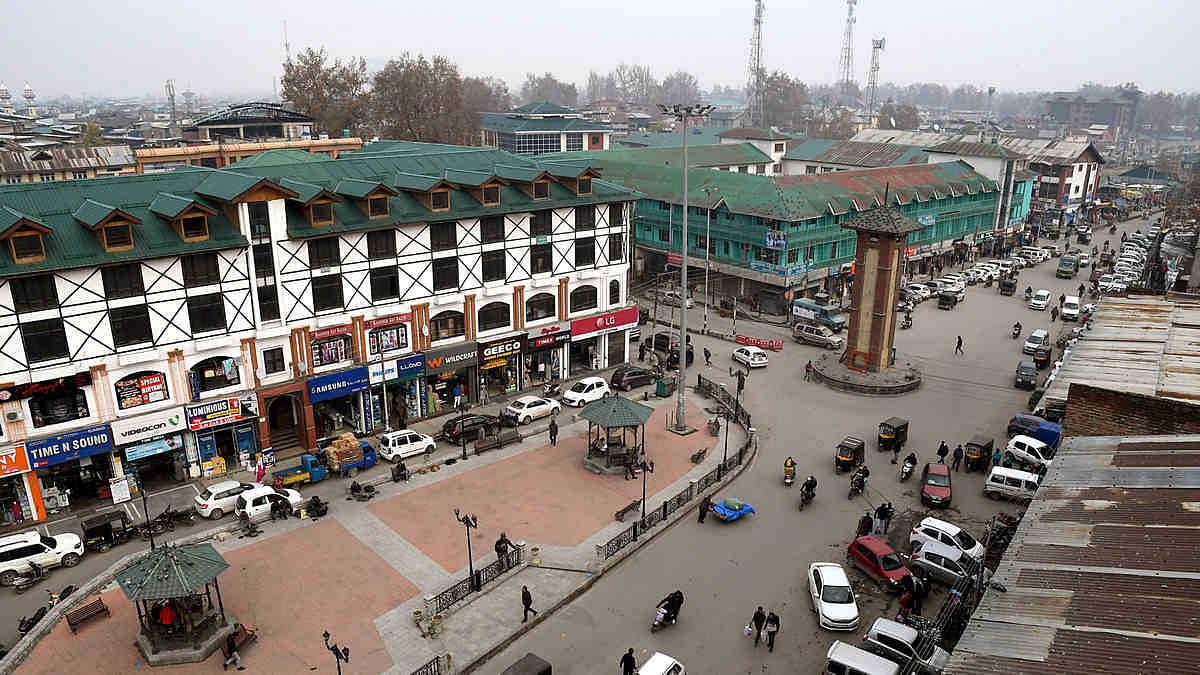December 12, 2023
Redefining Jammu and Kashmir’s Identity and Rights

Deliberations in Legislative Sphere
- The discourse surrounding the rights and interests of the people of Jammu and Kashmir has permeated through various domains, resonating within Parliament, the Supreme Court, and the broader citizenry.
Emphasizing Legislative Initiatives
- Recent deliberations by the Union Home Minister spotlighted two critical bills – The J&K Reservation (Amendment) Bill, 2023, and The J&K Reorganisation (Amendment) Bill, 2023. These bills have been underscored for their potential to bring substantive benefits to marginalized communities, particularly migrant Kashmiris, women, and those historically deprived of rights for over seven decades.
Historical Context: J&K’s Subjects and Residents
- The origins of the terms “state subjects” and “permanent residents” in Jammu and Kashmir trace back to the rule of the Dogra dynasty.
Maharaja Hari Singh’s Classification
- Dating back to 1927, Maharaja Hari Singh instituted a classification system through Government Order No. I-L/84. This classification categorized inhabitants into four distinct classes, delineating their entitlements based on their settlement history within J&K.
Evolution of Status Definitions
- Subsequent orders in 1932 and the adoption of a separate constitution in 1956 reshaped the criteria for defining permanent residency. These changes included provisions accommodating migrants returning to the state and addressed the status of J&K emigrants and foreign nationals.
Legislative Developments and Judicial Interventions
- The legislative endeavors during the 1980s, under Sheikh Abdullah’s government, aimed at reinstating permanent residency for certain migrants but faced legal impediments due to Supreme Court interventions. Furthermore, in the early 2000s, legislative deliberations and judicial interventions grappled with the status of women upon marrying non-permanent residents.
Post-2019 Transformations: Rethinking Domicile Status
- The landmark amendment of Article 370 and the subsequent bifurcation of J&K into two Union Territories heralded profound transformations. The terminology shifted from “permanent residents” to “domiciles,” encapsulating criteria such as residency, educational qualifications, and affiliations to accommodate a more inclusive spectrum within this categorization.
Conclusion
- The journey of defining and redefining Jammu and Kashmir’s subjecthood and residency rights, from the epoch of Maharaja Hari Singh to the recent legislative alterations, signifies an ongoing evolution toward inclusivity within the region’s legal framework.
Daily Gist : The Hindu/Indian Express : 30 Jan 2025
January 30, 2025
Gist of editorial : the Hindu/ Indian Express/20 Jan 2025
January 20, 2025
Daily the Hindu/ Indian Express Editorial Gist: 14 Jan 2025
January 14, 2025
